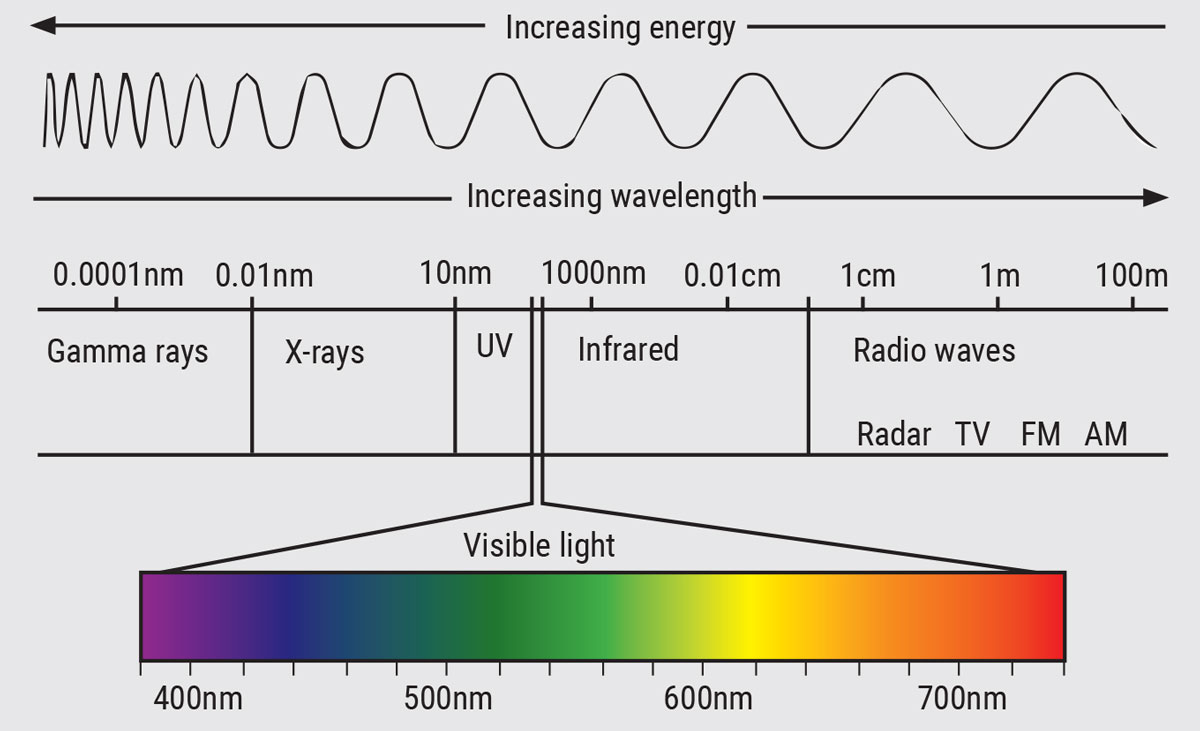 |
| UVR-blocking contact lenses may help with vision longevity. Photo: Lisa Ostrin, OD, PhD. Click image to enlarge. |
Ultraviolet radiation (UVR) is recognized as a risk factor for cataracts, pterygia and other eye health concerns, but little is known about its effect on vision. In a recent study, researchers recruited 210 pre-presbyopic patients to examine the effects of long-term UVR-blocking contact lenses on ocular surface health, eye focus and macular pigment.
UVR autofluorescence of the conjunctiva was not significantly affected by the UVR-blocking contact lenses, possibly due to the lenses not offering much coverage of this area, although protection has been noted in other studies. Factors such as public health messaging around sun exposure are likely to play a role in mitigating environmental effects, the authors noted.
The comparison of amplitude of accommodation and the stimulus response curve did not show a statistically significant difference between participants who wore full UVR-blocking compared with those wearing minimal UVR-blocking contact lenses for the past five years or more.
“The effect size may have been reduced by the age range of the participants, with some older individuals demonstrating minimal objective accommodation,” the authors wrote in their paper on the study. “However, the additional amplitude of those who had worn UVR-blocking lenses was +0.25D measured objectively at 5D of accommodative demand and + 0.7D measured subjectively at the average amplitude of accommodation of around 7.5D of demand.”
The amplitude of accommodation measured by push-up or the maximum negative powered lens that distance targets could be resolved through without debilitating blur was lower in the Hong Kong patient cohort. “As the region with the highest UVR exposure of the cohorts examined in this study, this concurs with the high incidence of presbyopia occurring at younger ages that has been reported in countries with high levels of UVR,” the authors explained.
Accommodative latency was found to be shorter in those wearing full UVR-blocking contact lenses vs. those wearing minimal UVR-blocking lenses, suggesting UVR exposure can have an impact on presbyopia. The cohort from Houston had a shorter latency, faster speed and higher step size than some of the other regions.
In conclusion, blocking the transmission of UVR through a contact lens seems beneficial in maintaining the eye’s ability to focus, suggesting presbyopia may be delayed in long-term UVR-blocking contact lens wearers. These lenses also provide protection to the critical limbal region.
Wolffsohn JS, Dhallu S, Aujla M, et al. International multi-centre study of potential benefits of ultraviolet radiation protection using contact lenses. Cont Lens Anterior Eye. March 29, 2022. [Epub ahead of print]. |

